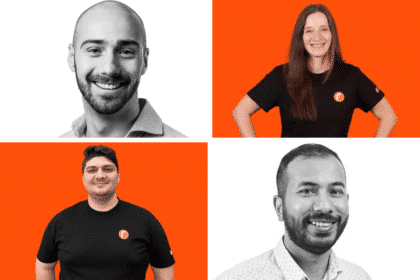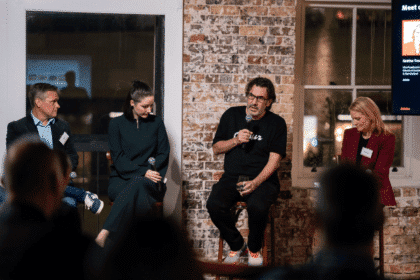Rashell Habib is one of the few women in Australia leading the news agenda.
After starting her career at News Corp as a journalist, Habib quickly rose through the ranks, eventually becoming the news local social media manager. She later joined news.com.au as social media editor, before joining Network 10 as deputy news editor and eventually taking up the role of head of digital news and strategy at Paramount.
Here, she speaks to B&T about the state of diversity within the news industry.
B&T: What are some of the challenges around diversity that are specific to news?
Definitely the nature of the job. News never stops; breaking news and evolving stories happen without warning or planning. I once had breaking news as I was bathing my 1-year-old for bed. The flexibility of workplaces around not only with children, health issues, or carers (women over-index as carers in Australia) is pivotal and only recently has there been a shift in the rigid nature of newsrooms, and it took a global pandemic to shift it along. But here at 10, flexibility is built into our culture. 14 weeks of paid parental leave is provided, so that’s having a very big impact on gender equity.
B&T: You have spoken quite candidly in the past about having to change things, such as your name, to survive in the news. To what extent do you still think ethnic minorities in Australia need to alter themselves (be it name, appearance, personality, etc) to be successful in news?
A post-September 11 world with the surname Habib was not a pleasant one, but that wasn’t just news. It was everywhere.
But with respect to news now, we do still have a lot more work to do in the industry.
In 2018, all five news directors in Australia were Anglo-Celtic men, compared to two out of five TV news directors in 2021, one of whom is a culturally diverse woman—that woman is me. So, change is happening, but it’s slow.
We’re really proud at 10 News First to have women as anchors in every bulletin around the country; four out of five Executive Editors in our newsroom are women and the only female political editor for the commercial networks.
Have biases ever personally impacted your career journey?
Yes, the barrage of comments and abuse that an article—about anything really—would incite—especially on social media—would be purely due to my surname. But I won’t be defined by them, and I don’t believe yelling into an echo chamber about my experiences helps. Talent, grit, and determination, what my father taught me, helped me progress, as did the value and impact of mentors, friends, and role models. These people each played a part in why I am here today.
At Paramount, we’ve launched a female mentoring program to provide an opportunity for aspiring employees to connect with some of Paramount’s successful female leaders. These leaders can offer valuable advice, support, and insights to help guide and develop the mentee’s skills and confidence.
What is your advice to women who would like a career in news?
You will not succeed in this industry if you are not passionate about news. About storytelling and being the voice to people who don’t have a platform – you can become an incredible force for change. I’m also a big believer in ‘if you can’t see it, you can’t be it’. So, I also hope that young women seeing our female anchors and journalists can dream of doing the same themselves and not see any limits.








